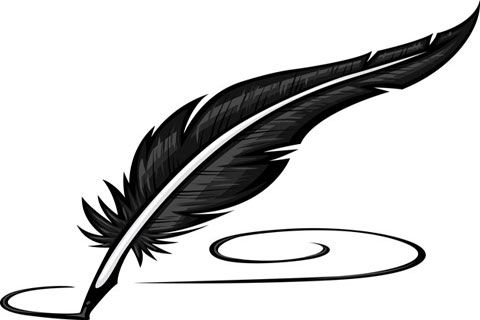“Ik denk, dat het wel krachtig zal worden; het weet zich ten minste nu al goed te verweren.”
Summary
The Dutch translation for “I think it will be powerful; at least it knows how to defend himself already.” is “Ik denk, dat het wel krachtig zal worden; het weet zich ten minste nu al goed te verweren.”.Examples of "I think it will be powerful; at least it knows how to defend himself already." in use
There is 1 example of the Dutch word for "I think it will be powerful; at least it knows how to defend himself already." being used:| Recording | English | Dutch | Learn |
|---|---|---|---|
| The ugly young duckling | Het lelijke jonge eendje |
Practice Lesson
Lesson

Lesson words
Lesson phrases
This lesson has no phrases.

